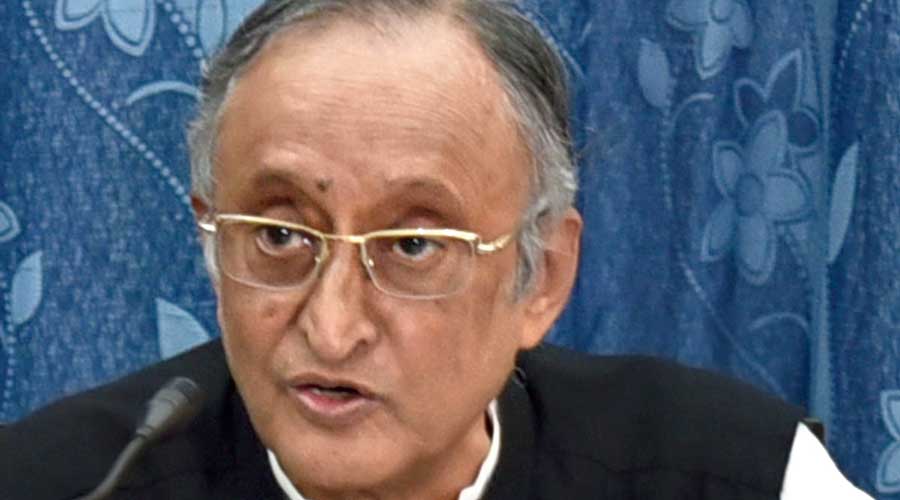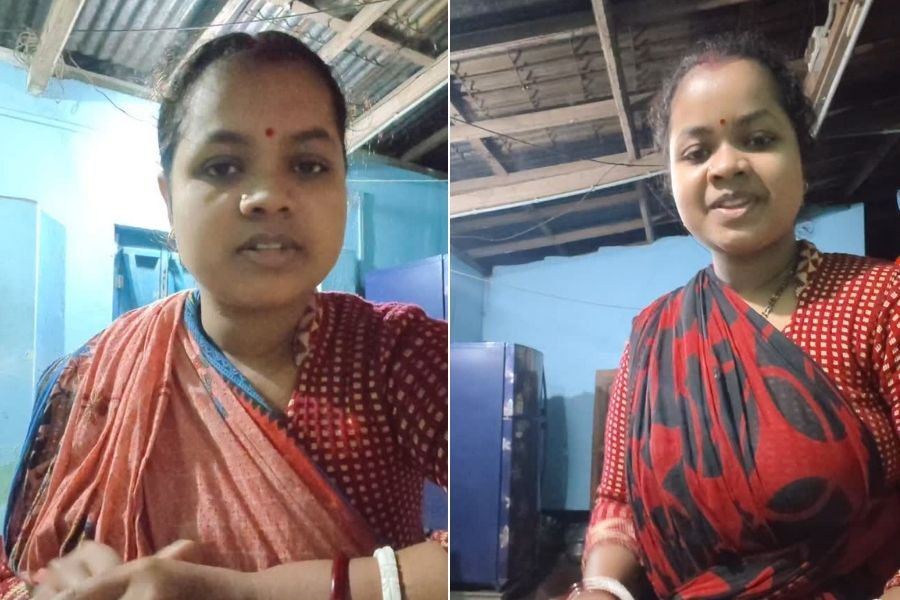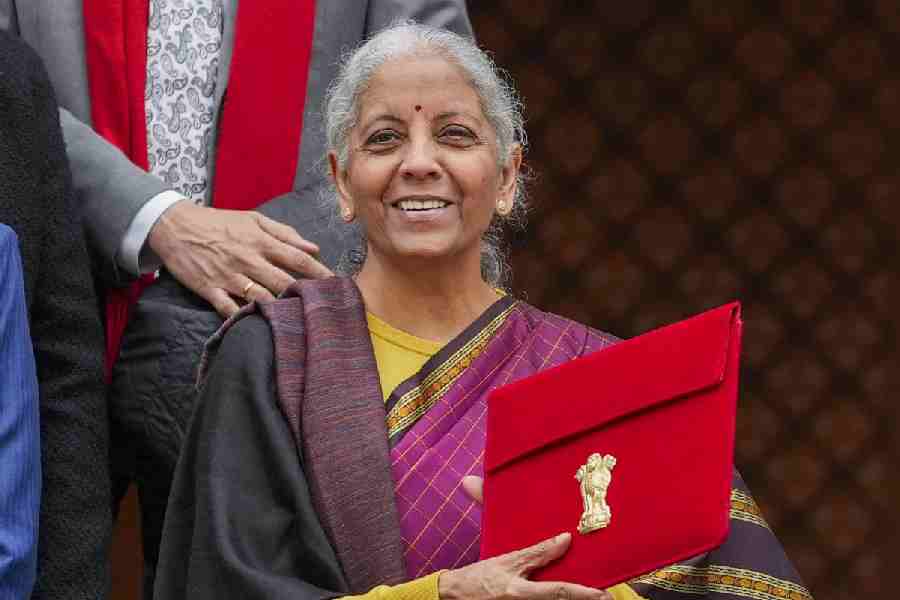The Mamata Banerjee-government is lobbying the Centre in a bid to stop Steel Authority of India Ltd (SAIL) from dismantling its raw material division in Calcutta that oversees the mining and supply of iron ore to four integrated steel plants in the eastern region.
State finance minister Amit Mitra has written a letter to Union steel minister Dharmendra Pradhan in an effort to “save” the SAIL-owned steel plants at Durgapur and Burnpur from potential ruin because of an ill-conceived strategy.
The letter was sent after a section of SAIL employees approached the chief minister urging her to intercede on their behalf and stop the move to close the division that was formed in 1989 and headquartered in the city.
Even though the steel public sector unit has not made its decision public, a section of the employees claims that the board of the Maharatna company has cleared plans to close down the RMD, which oversees the operations of the company’s iron ore mines located in Jharkhand and Odisha and monitors supplies to four plants, including Rourkela in Odisha and Bokaro in Jharkhand, in addition to the two steel plants in Bengal.
RMD employees also speculate that dismantling of the division could rob the two plants located in the state of direct iron ore linkage even though no such policy has been officially announced.
“Apparently, 15 iron ore mines, flux mines and collieries run by RMD would now be entirely allocated to Rourkela and Bokaro steel plants, where Odisha mines will be allocated to Rourkela and Jharkhand mines to Bokaro,” Mitra wrote.
The state finance minister said that such a policy would leave Durgapur and Burnpur integrated steel plants of SAIL in a lurch, precipitating a situation where they would be forced to either "procure their raw materials from the open market, or remain at the mercy of Rourkela or Bokaro.”
Mitra added that such an arrangement would make the operations of the two Bengal-based plants “inefficient, unprofitable and unviable”.
“I am deeply apprehensive that these massive plants in Bengal would either be asset stripped or sold off in the name of divestment, having crippled them through the current policy shift,” he wrote to Pradhan, who hails from Odisha.
The two plants of Bengal consume about 4.5 million tonnes of iron ore in a year.
Before the formation of RMD, each of the SAIL plants used to have dedicated mines attached to it. For instance, Durgapur was linked to Bolani, while Bokaro used to get its supplies for Megatuburu and Kiriburu.
IISCO irony
IISCO Steel Plant used to be a separate company, nearly defunct but endowed with one of the largest and best quality of iron ore deposits located at Chiria and Gua.
After RMD was formed, four steel plants of SAIL started getting uniformly blended and quality controlled iron ore from mines instead of being yoked to a single source.
This transition ensured that productivity and quality of all four plants were maintained. Incidentally, Bhilai, the most profitable of SAIL’s five units, has its own mines which are outside the purview of RMD, which handles about 19 MT iron ore a year.
If Chiria and Gua, which boast of over a billion tonnes of high quality iron ore, are really stripped off from IISCO, it would be a cruel irony to the Burnpur plant, a section of the SAIL employees argued.
The merger of IISCO with SAIL in 2005 was hugely beneficial to the latter who got access to the mines.
Now that the mines belong to the corporate entity, the plant does not have direct linkage or ownership of the deposit which came with the unit to SAIL.
Mines are crucial but not a necessity for a steel plant if it produces good quality value added steel and runs efficiently. Steel giants located in Korea, Japan or in China do not have direct ownership of iron ore mines.
However, when iron ore prices zoom — as they have now — steel plants vertically integrated with mines reap the biggest benefit. They get the raw material at a cost of Rs 650 a tonne when the market rates are close to Rs 10,000 a tonne. It is little wonder that the Bengal-based plants earned a profit before tax of Rs 1,486 crore last fiscal.
These two plants, like the other plants of SAIL, are not known to be most efficiently operated as their private sector counterparts like Tata Steel or JSWs Steel, and prone to losses when the market tanks.
Employees fear that Durgapur and IISCO may become unprofitable if they are forced to buy iron ore at market price when the commodity cycle turns south and steel prices soften.











